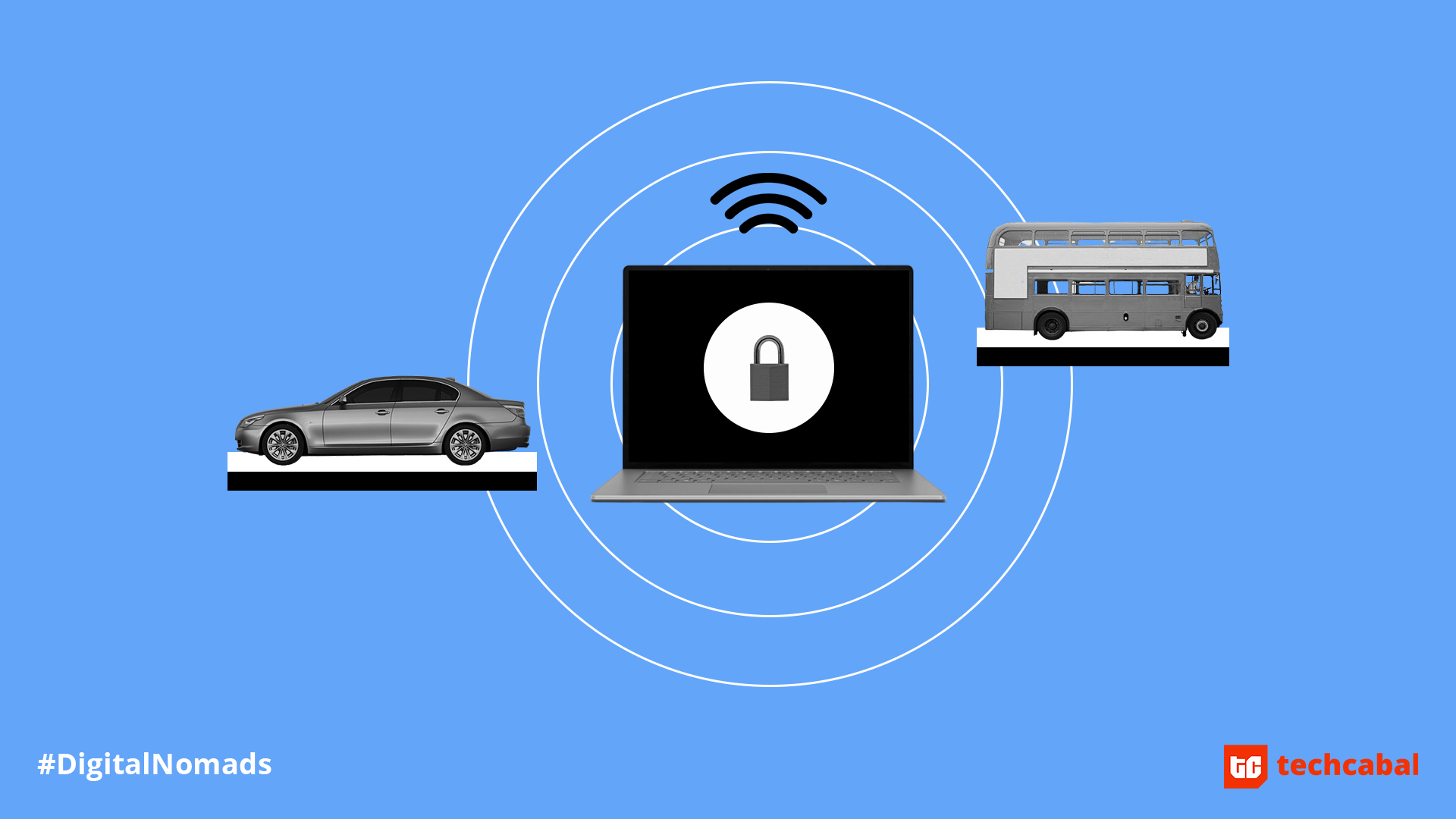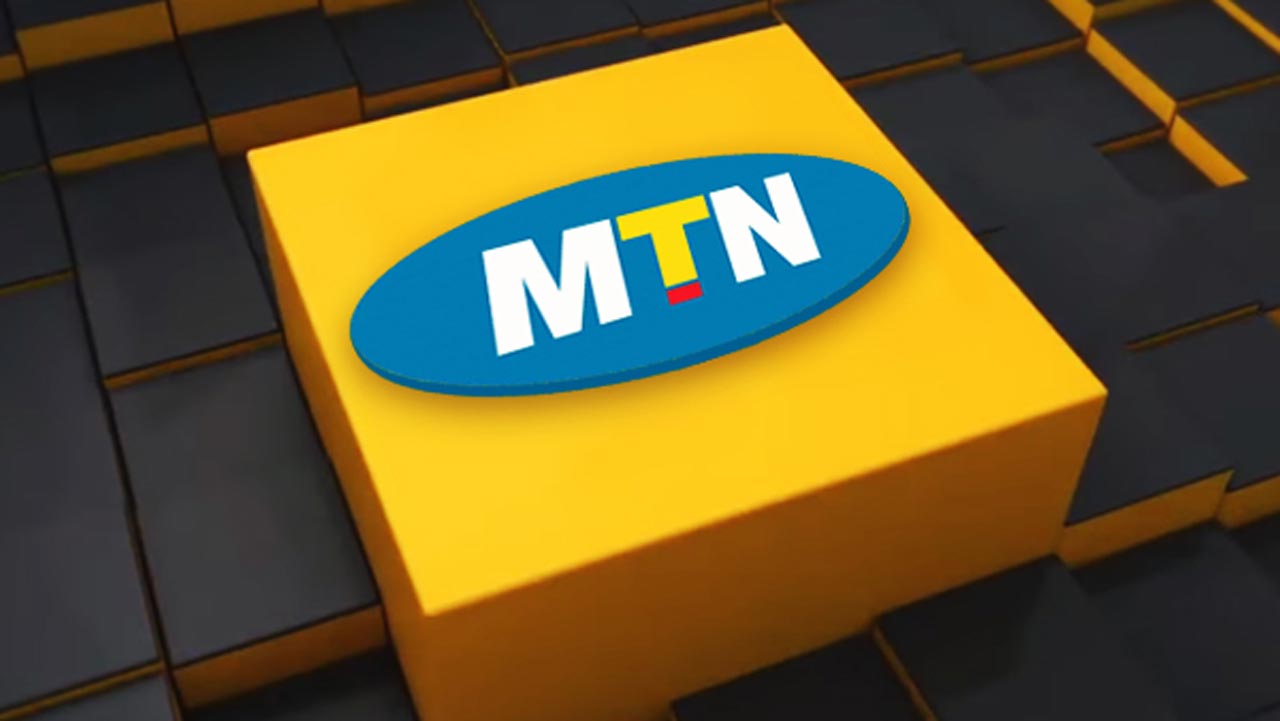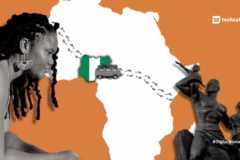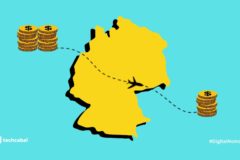Last week, we spoke to Jack, a digital Nomad in Paris. He talked about banking, technology and the difference in what technology does for Nigeria and France.
This week, Dipo, a Nigerian who has moved around the world a fair bit shares his story. A five-hour difference means our conversation is at 10:15pm Nigerian time.
Dipo tells me he has lived in Nigeria for 24 years and left at the start of January 2016.
His new start in the United Kingdom was funded by a Nigerian government scholarship. Spoiler: government scholarships are competitive.
How he landed a scholarship: “As soon as I finished my undergraduate degree in 2014, I started applying for graduate programmes and scholarships in the UK and Erasmus Mundus institutions.”
Muyiwa’s note: Erasmus Mundus programs are international study programmes delivered by a bunch of universities. Think of it like a voltron study program provided by different universities across Europe.
“It took a lot of time and during the process, I had to take a leave of absence from work. I made multiple trips from Lagos to Abuja for aptitude tests before I was awarded the scholarship.”
If you wonder what the scale of difficulty is, over 6,000 people applied for 36 scholarship slots. From his small town of Abeokuta in South-Western Nigeria, Dipo was ready to leave Nigeria for the first time.
Exit point: the Murtala Muhammed International airport that often gets flak from a lot of Nigerian Digital Nomads who share their stories.
Dipo’s experience of MMIA isn’t the exception. “The airport in Lagos was rowdy and immigration officers made the usual demands for cash. I gave them the remaining Naira I had only because I wanted to drop all the Naira I still had left.”
His destination was Birmingham airport in the UK, the city closest to where he was going to study.
“I arrived in Birmingham at the peak of winter. I still remember how cold it was. But apart from the cold, the airport was orderly and bigger than MMIA. It had signs to direct me to services like train terminals or a city map if that was my destination.”
Dipo’s ranking of airports: The Dubai airport has a nice ambience, it’s easy to navigate for a first timer and the facilities are well maintained. The Malpensa airport in Italy is the worst airport I’ve seen. It looks old and it could do with a facelift.
The airport also has Wi-Fi so Dipo did not need a SIM card to let his family and friends in Nigeria know that he had arrived safely. At the moment, he wasn’t bothered about getting a SIM card.
“I didn’t get a SIM card until my third day in the U.K. All my initial communications were via Whatsapp. There’s Wi-Fi in most public places so I had no issues.”
When he had to buy a SIM Card, he didn’t have to worry about registering it. “There’s nothing like SIM registration in the U.K. You walk into a corner shop and get a SIM.”
Muyiwa’s note: Pay-as-you-go SIMs do not require any registration but SIMS bought on a contract will need your details for a credit check
How Dipo decided on a telecom service: I had been told by friends to choose an immigrant-friendly telecom provider like Lyca and Lebara for a start, so I got a Lebara SIM for 50 pence.
Lyca, Lebara and Giff Gaff are the common telcos for students in the U.K but when students understand the system better, they make the switch to the bigger Telcos.
“The big wigs like Virgin and EE have wider coverage and the support experience when you have issues is not as stressful. With Lyca, you pay a charge to call customer service.”
“Roaming within the EU is also free with Virgin Mobile.”
With the choice of telco sorted, what were Dipo’s first shocks in his new city, Nottingham?
“Serenity. I was also surprised by internet speed and the structure of everything.”
Dipo’s thoughts on his new town: Everything had a time. If I needed to go to town to buy groceries and I had to take a bus, there’s an app and website to check bus routes and times.
Moving around Nottingham, the city with links to the legend of Robinhood, is easy. “Almost every road has a pedestrian and bicycle path. I used Uber a couple of times when I was running late to catch a train or to reach remote parts of the city.”
Dipo’s anecdote: I remember my first day on my way back from the University. I got off at the wrong stop and had to walk two kilometers to my apartment. Seeing everywhere get dark at 4:30pm was strange. I thought rapture had happened and I had missed it.
Apart from public transportation, Dipo says Nottingham has a lot of tech companies for a city of its size. In 2017, the city had 19,741 digital jobs.
The tech in Nottingham extends to the University’s learning experience. “Learning was easy, with internet and power guaranteed.The lecturers were more supportive than in Nigeria and I never wrote a single exam. I was graded based on my lab work as well as written reports.”
But on the whole, the difference in the terms of his learning in Nigeria and the UK isn’t as wide as you would think. “The programming stack for my Masters programme was similar to my Bachelors in Nigeria. The difference was that I was solving bigger problems.”
Dipo says his Masters programme helped him decide on a career path and he now works as a cyber security analyst.
What’s a day in the life of a cyber security analyst like? The short version is staring at a computer screen and figuring out how to make things work better. The long version includes identity and access management, AWS audit and compliance as well as investigating security related alerts from various tools and tech stack.
How much is data and how much mobile data can $5 get you in the U.K?
“I pay £10 for 10GB of mobile data and unlimited call minutes. Because I rarely use my mobile data, it often rolls over and I get about 20GB monthly.”
Dipo’s advice: SIM-only contracts are the best option. Pay-as-you-go SIMs are more expensive in the long run so I encourage people to start with SIM-only contracts for a year.
If you did the Math earlier, the question you would have right now is, how did a Masters Programme lead to a 4-year-stay in the U.K?
“I got a two-year visa extension through an entrepreneurial scheme linked to my University. So I worked as an IT contractor for some companies in the U.K during the two-year stint. The last company I was with offered me a full time position and were about to sponsor my work visa. I declined after getting a better offer.”
For a twist in the tale, Dipo went ahead to turn down the better offer in favor of a move to Canada.
Dipo’s tip: There’s a demand for tech talent in the U.K and across Europe. Once you have the requisite experience and certifications, the terrain becomes easier to navigate. I had a network of mentors and friends who gave me information that made my path easier.
At the end of our conversation, Dipo rates his tech experiences of Nigeria and the UK on a scale of 1-10. He gives Nigeria a 5 and the U.K an 8.5.





















